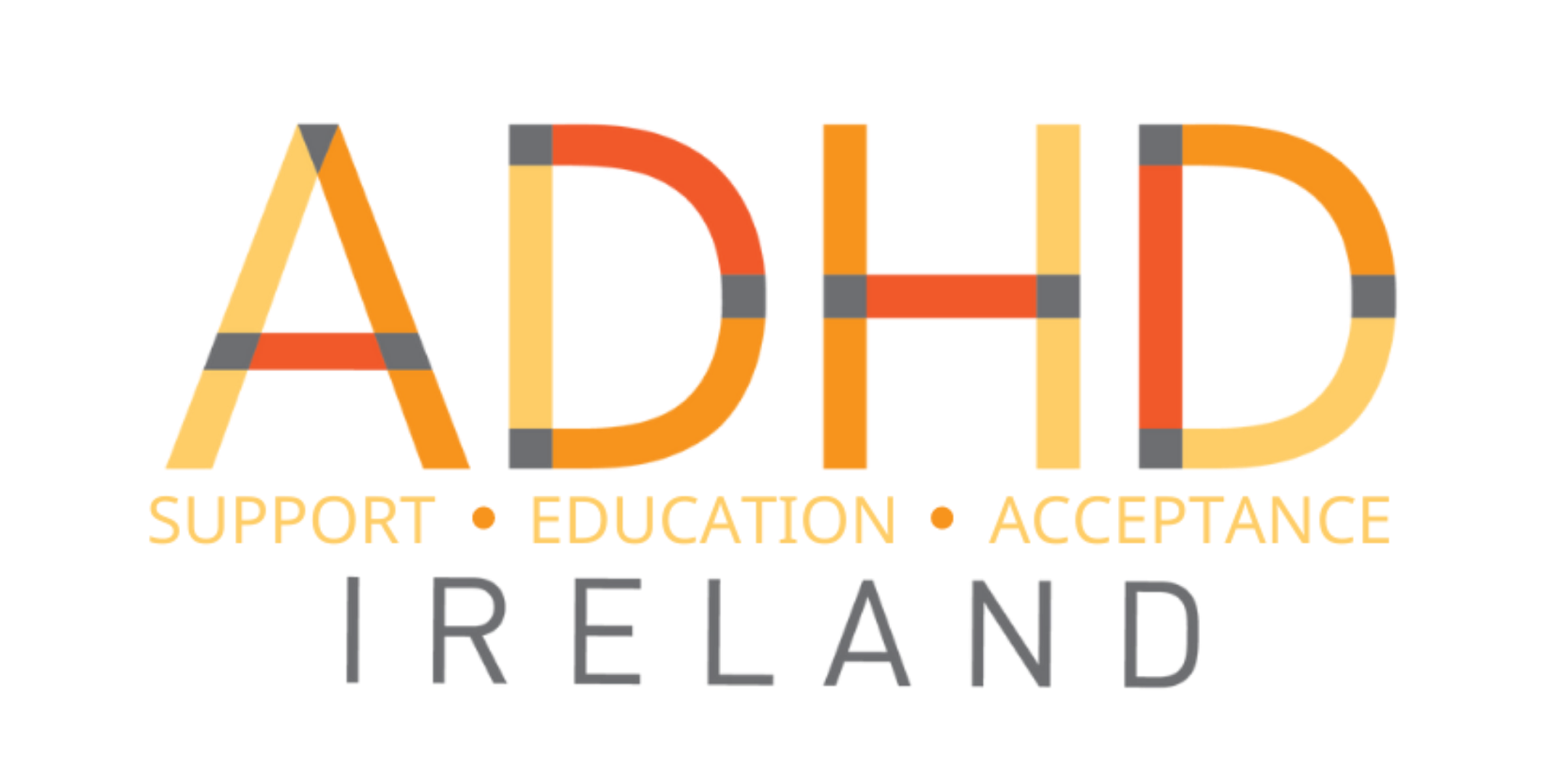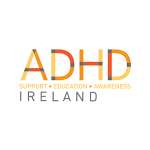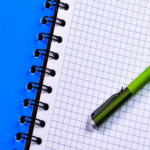COVID-19 ADHD Adult Wellness Guide
If you have ADHD and suddenly find yourself working from home or temporarily out of work due to business closures, what can you do to fill your day and keep yourself occupied?
Here are some tips for maintaining focus, setting boundaries, avoiding unproductive hyperfocus, and getting the most out of your day.
- Keep your usual routine
Sticking to your usual getting up and going to bed time will help your body keep in a routine. Getting dressed – even putting on your shoes – can help switch your mind into work-mode and can help you to feel more productive with your day.
- Take your medication
Even though you are not going out to work every day now, you should still take your medication every day because ADHD medication works best when taken consistently.
- Get some fresh air and exercise
The science is clear: Exercise promotes focus in the ADHD brain. Make sure to get out and get some fresh air and exercise every day. Your normal commute may involve walking some of the way, or even going out to get a sandwich at lunchtime. Take advantage of working from home by getting a walk at lunchtime or going out to the back garden.
- Set up your workspace
If you’re working from home now, set up a dedicated space for your work station – whether it’s at the kitchen table or in your bedroom – whatever works for you. This will help you to focus and not get distracted by other things when you are in “work mode”. You may find yourself floundering with a lack of structure and colleagues. Try scheduling a regular call with your supervisor or someone working with you on a project daily to help keep your work focus intact.
- Avoid home distractions
Try to avoid getting caught up in household jobs while you are supposed to be focusing on your work. You need to grab a pen, walk into the kitchen, and suddenly a snack sounds good and those dishes need washed and what’s that stuff on the counter… and you’ve been in the kitchen now for an hour instead of working.
- Take regular breaks
It can really help the flow of your day if you add some structure to it. Map out in advance what times you are going to take breaks and try and stick to those times. It will help you to stay focused and avoid distractions.
- Be aware of the time
Adults with ADHD don’t generally see time, but you can feel it. You might get hyperfocused on something you are working on and then work through your usual lunch break. Your body will start to tell you it’s hungry and you won’t be productive any more. Set timers on your phone, if that helps and stop at dedicated times to give your body the break it needs, or to give your workflow the switch up it needs from one project to another.
- Be alert for Hyperfocus
Hyperfocus is a common — but confusing — symptom of ADHD. It is the ability to zero in intensely on an interesting project or activity for hours at a time. Be alert for it because it can cause you to lose hours of your day if you get caught up with one specific thing.
- Clock off at your normal time
Don’t forget to have boundaries between work and personal time, it can be easy for things to get blurred when working from home. So, if you normally leave work at 5.30, turn your laptop off at that time instead.
- Spend time with (from a safe distance of course!) family and friends
Our mental health can suffer if we don’t keep our social interactions up throughout the day. It is very important to chat to people and keep yourself socially connected to society. If you share your home with family or housemates then you have some people to chat to and share social interactions with, but if you live alone and are starting to feel isolated from this social distancing, make time to Skype, FaceTime or simply phone a friend!
Most importantly, try not to get too obsessive about the news and social media surrounding COVID-19 coronavirus. It can become all-consuming, meaning that it is easy to get sucked in and spend too much time listening to discussion around it and reading up about it – some of which you see might even not be true! This can build up and cause anxiety and fear which will not help your ADHD.
For more information please visit www.adhdireland.ie or
Endorsed by the ADHD in Adults National Clinical Programme.



